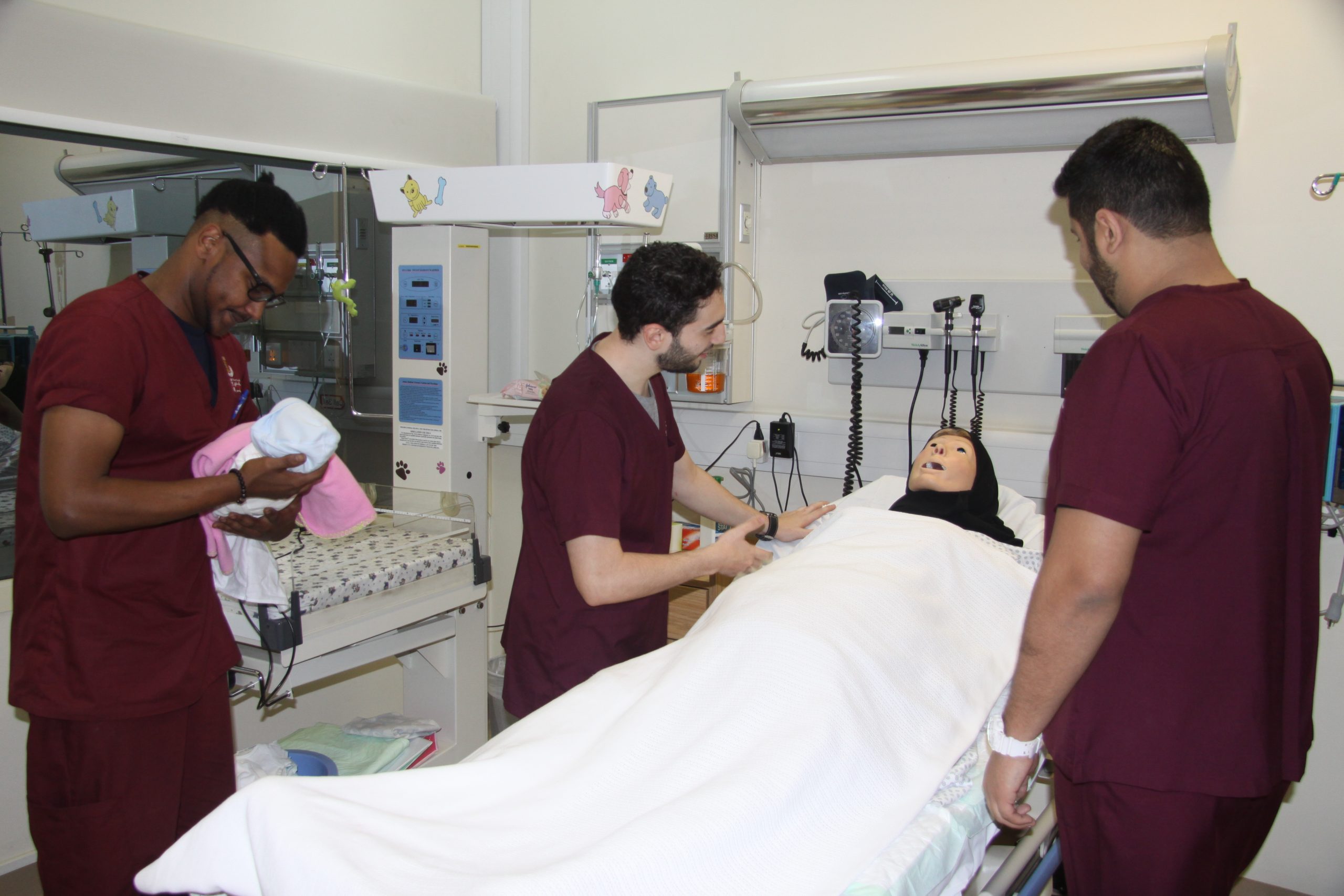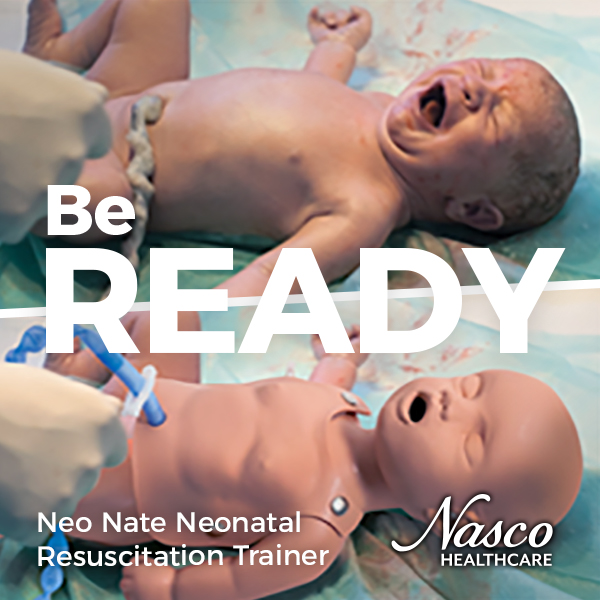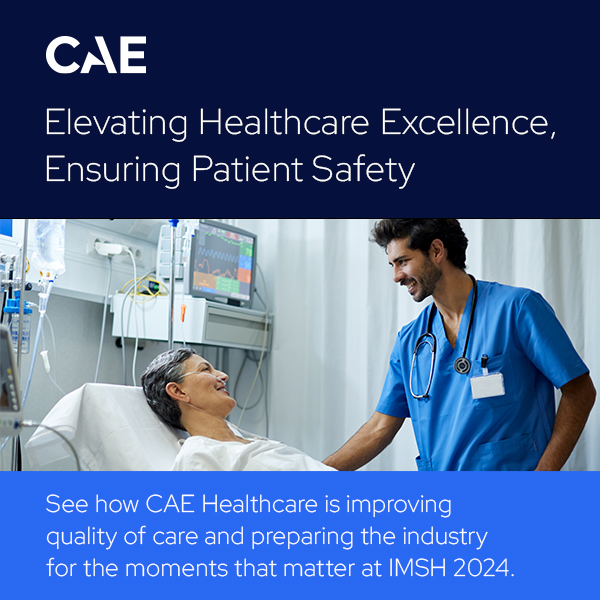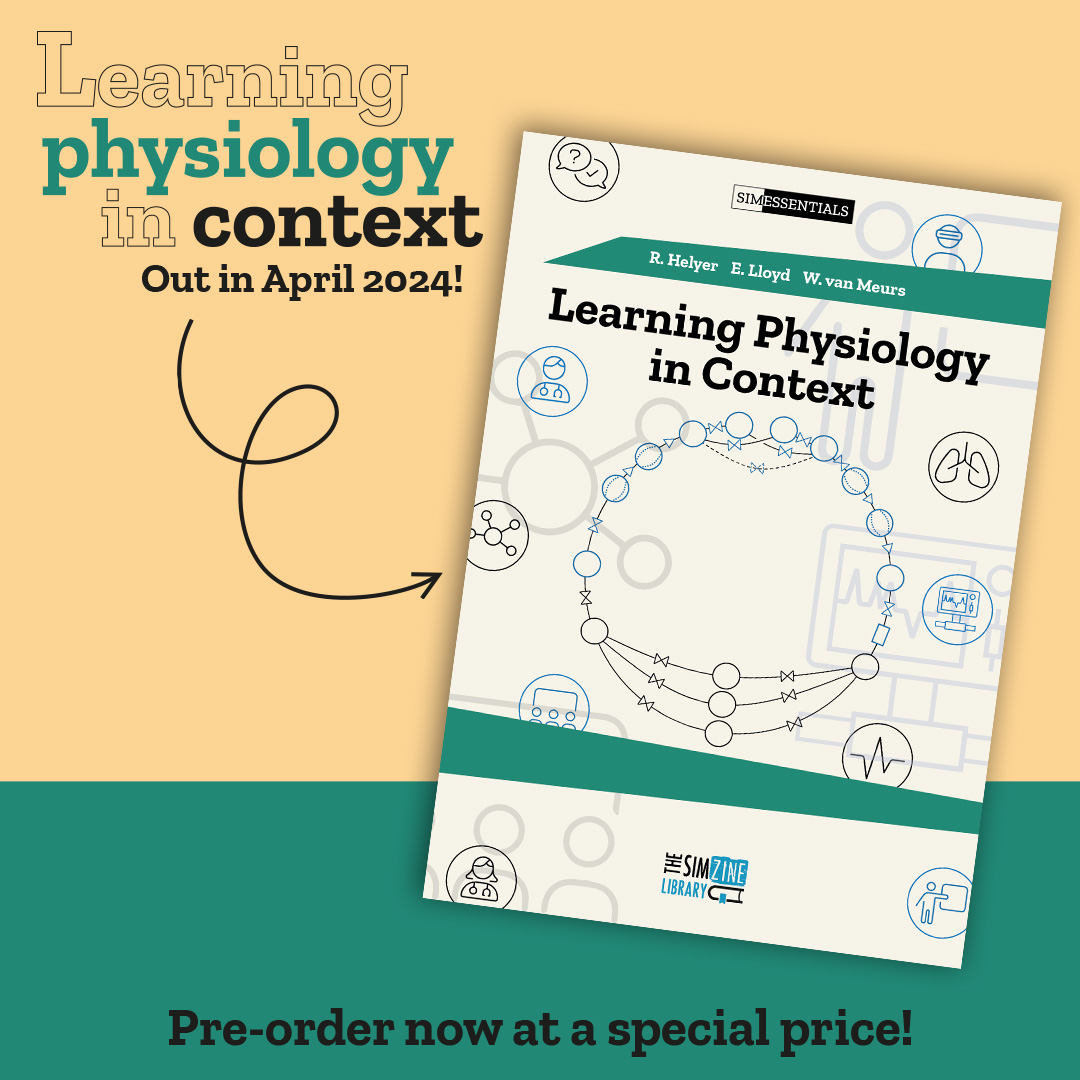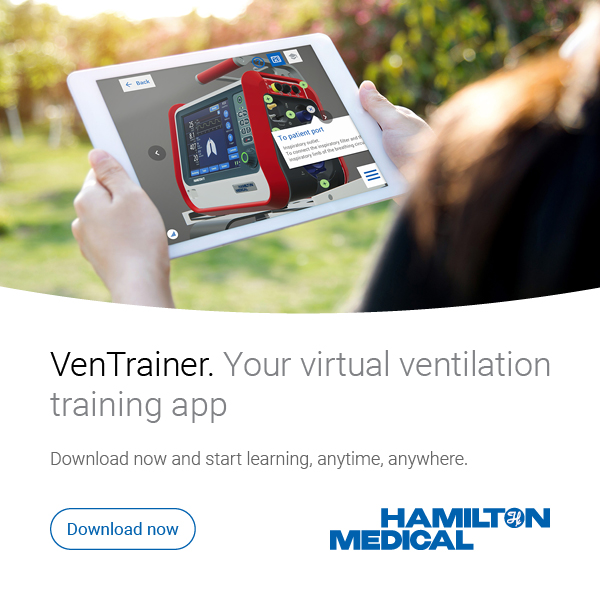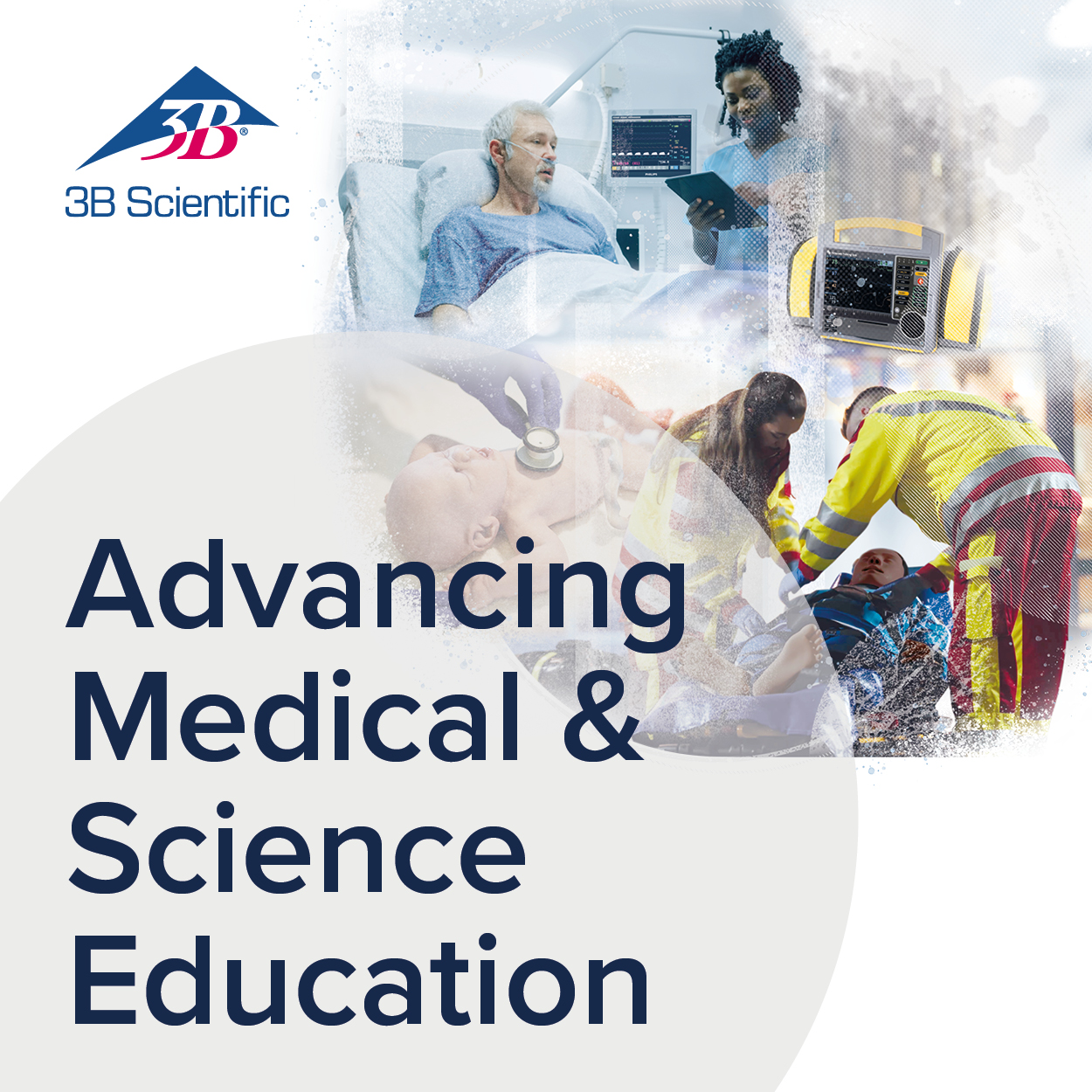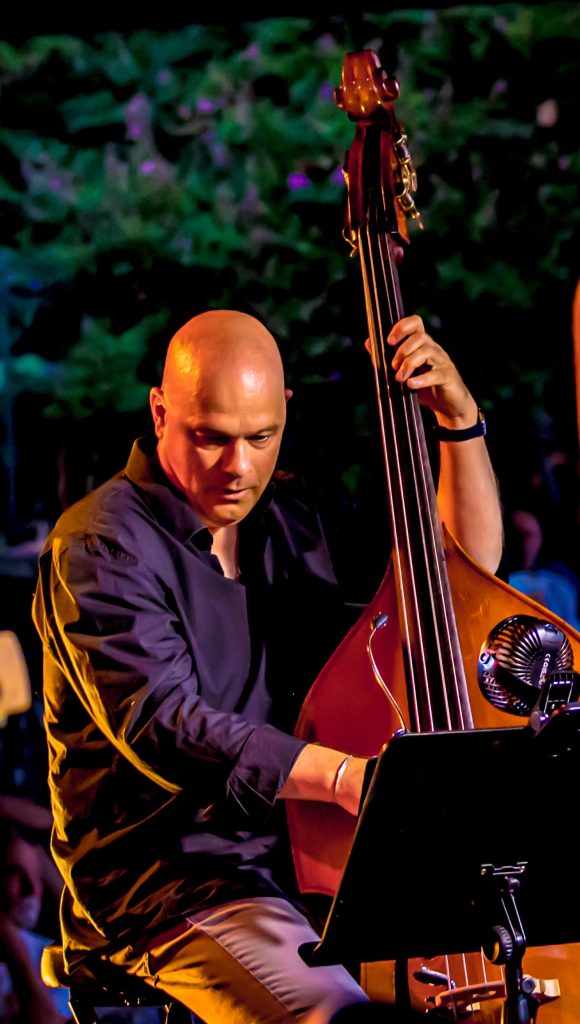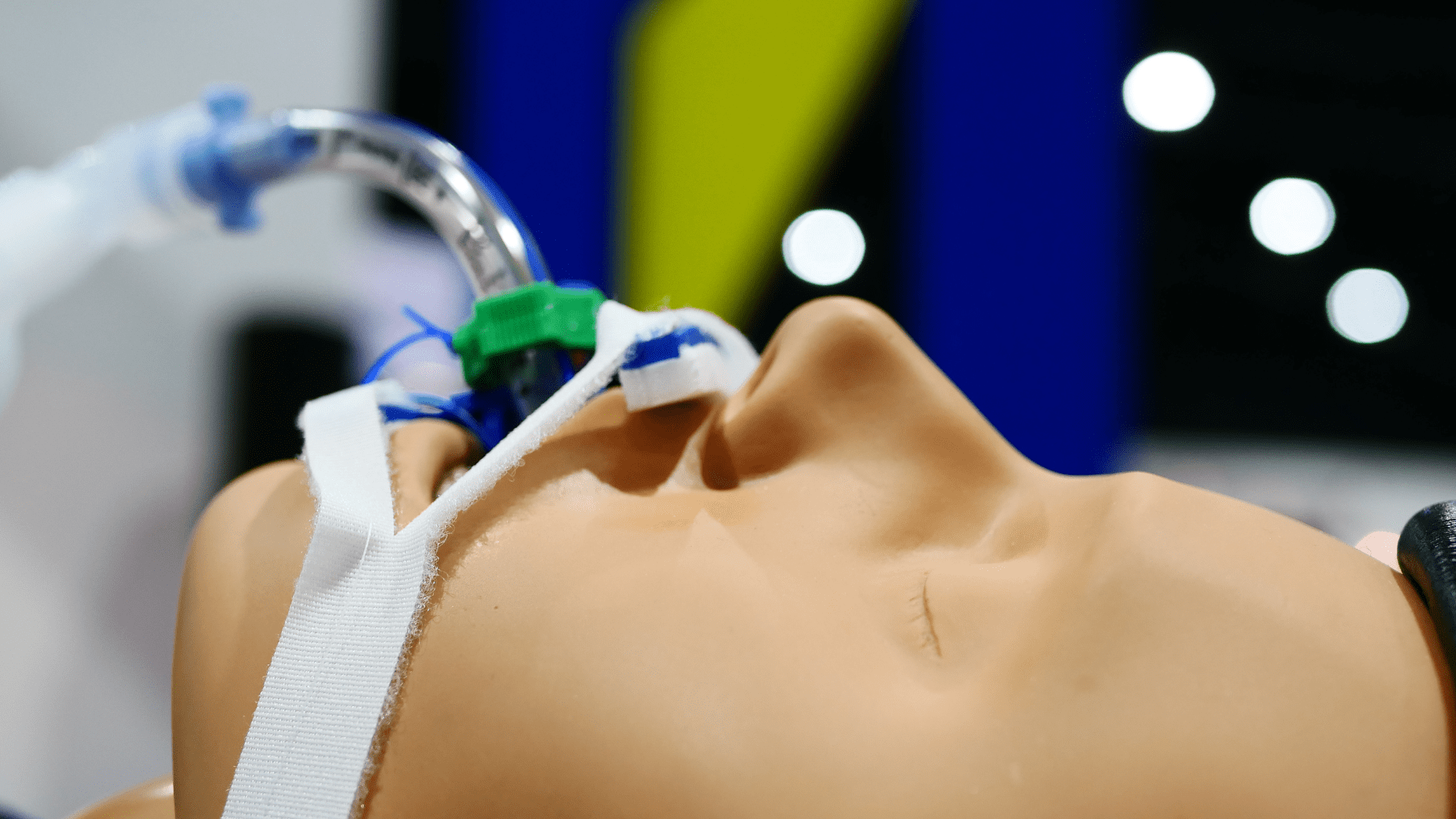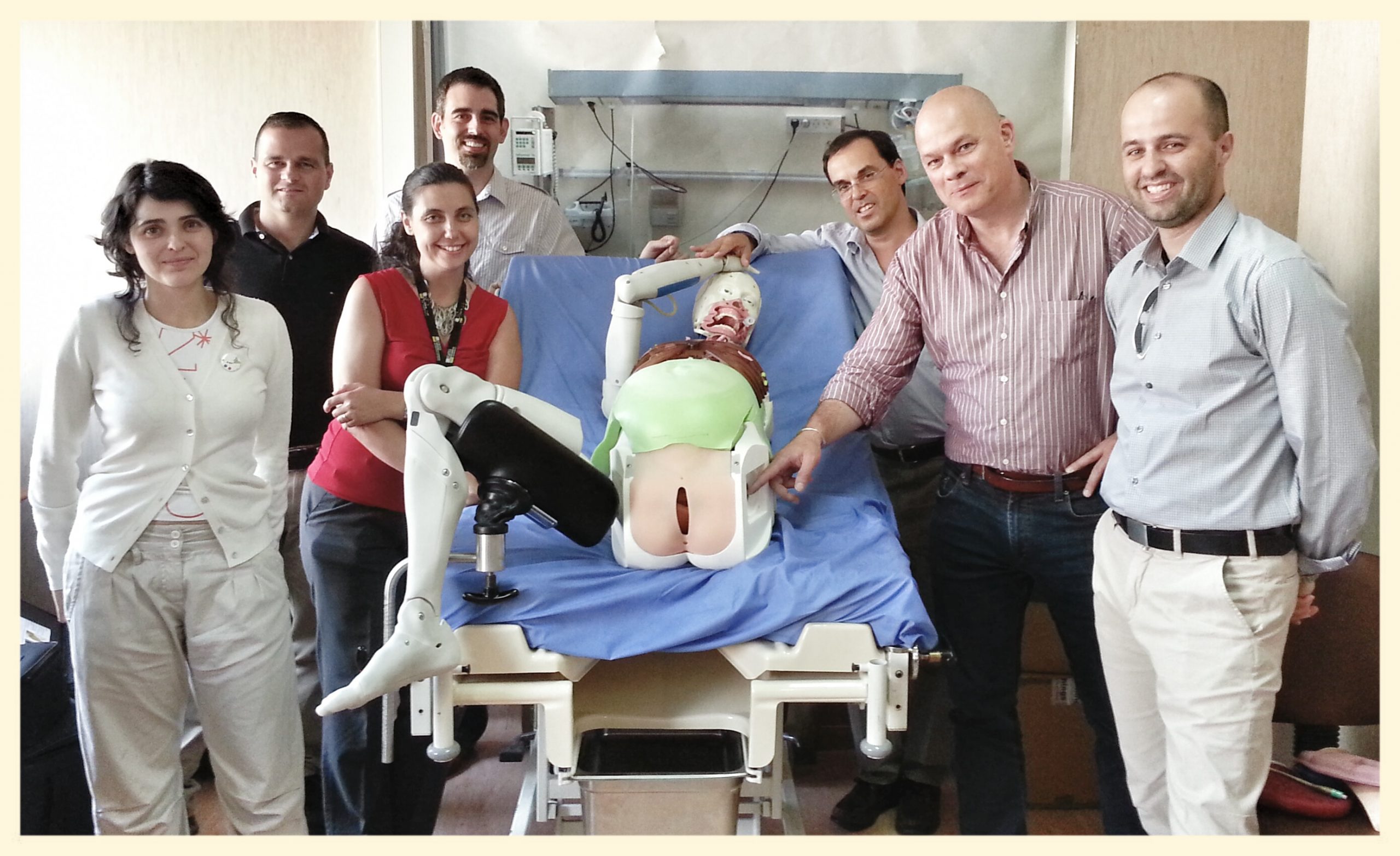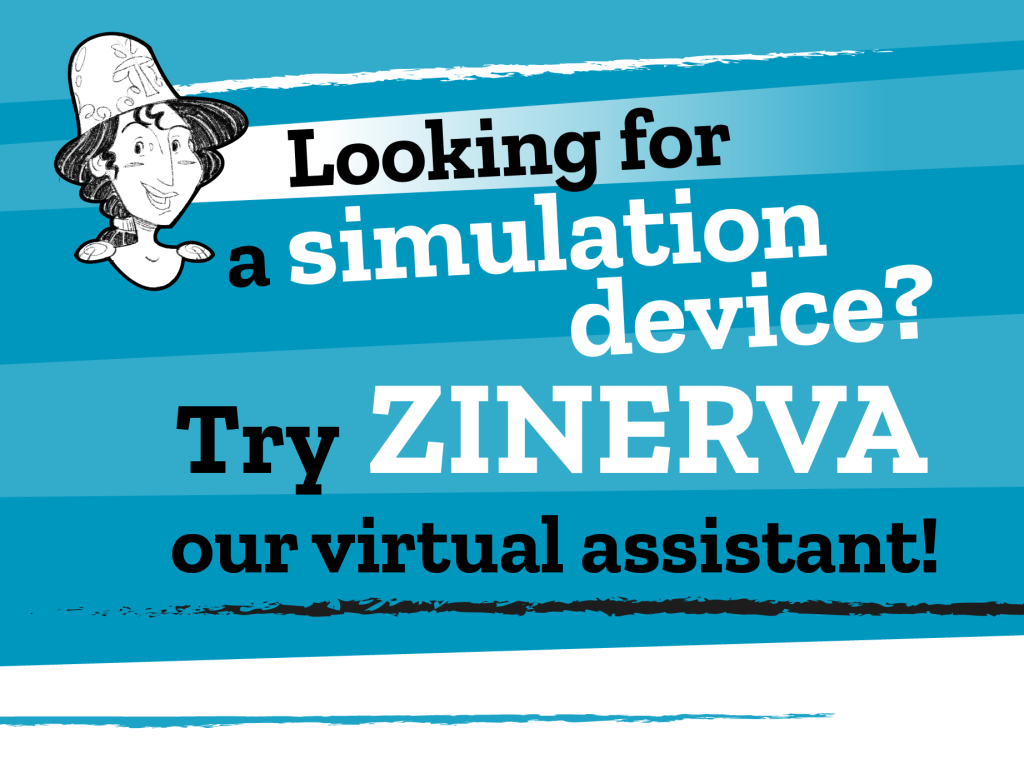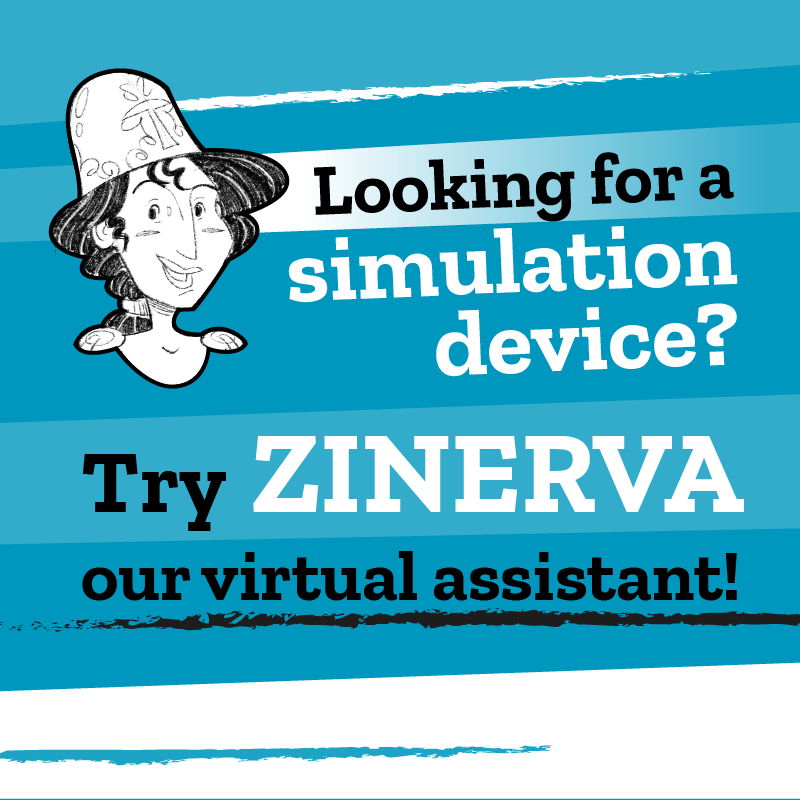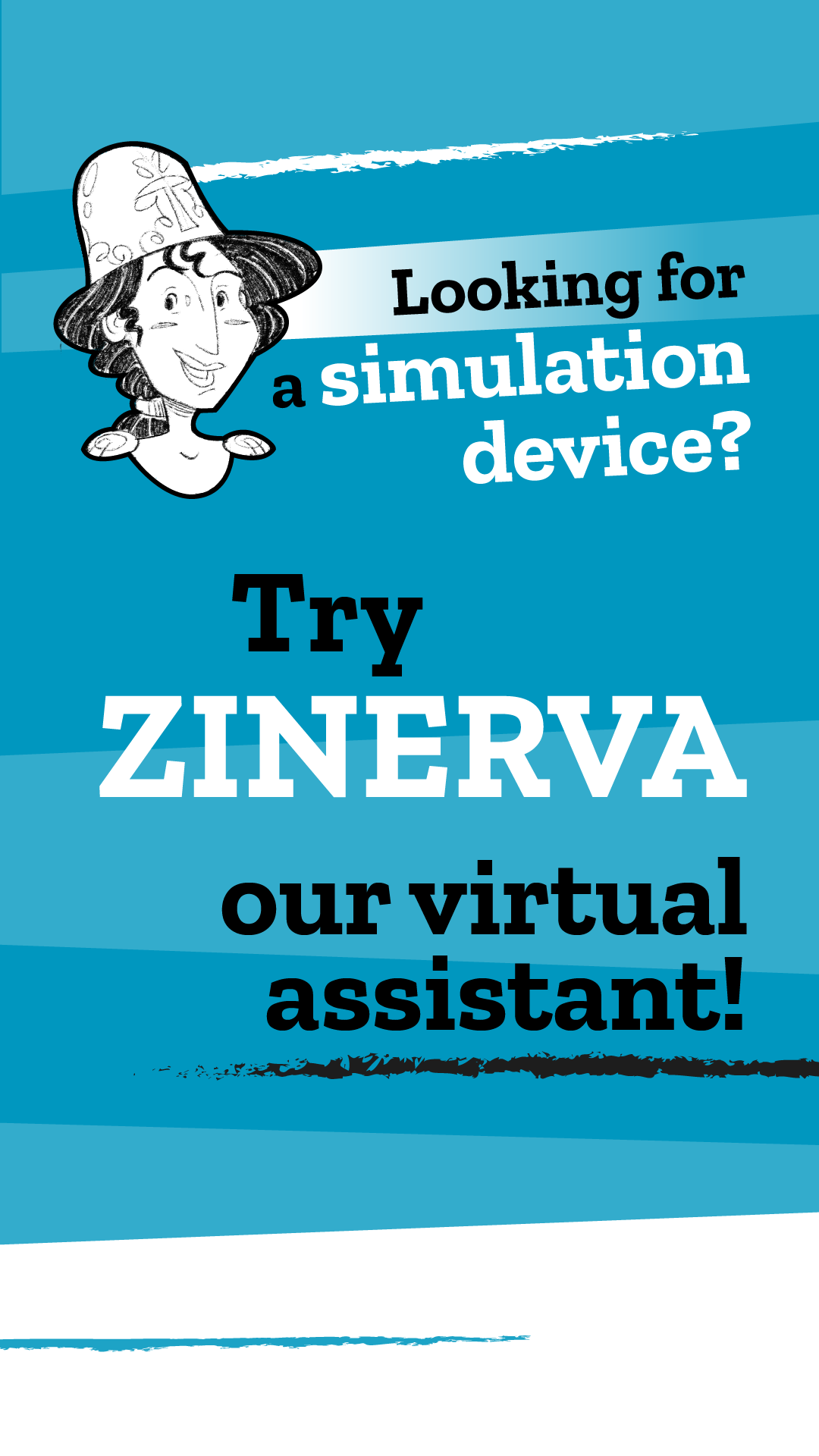The Experiential Learning Centre at the University of Calgary Qatar is more than just a lab. With its realistic atmosphere and equipment, it offers students the chance to practice and improve clinical skills in a safe environment.
If you are interested in exploring the world of healthcare, the Experiential Learning center (ELC) at the University of Calgary Qatar (UCQ) is the perfect place to learn more about the healthcare industry. With its cutting-edge technology and resources, the ELC offers students the opportunity to gain hands-on experience in a realistic environment. It provides an authentic simulation of a clinical setting, allowing students to develop their clinical skills and receive feedback from medical professionals. From mock exams to patient-simulator training, the ELC offers a wide range of experiences that are sure to excite and challenge any aspiring healthcare professional.

What to Expect at the ELC
Clinical simulation in Nursing education is an excellent tool to give context to the knowledge acquired in the classroom. Students can apply and understand what they have learned through a clinical context and thus be able to acquire the necessary skills to apply the best care to their patients in their clinical care activity. That the student can carry out techniques or scenarios on a manikin/standardized patient, before living it in a real situation, is an excellent opportunity to learn, improve and increase clinical safety.
The ELC at the UCQ is more than just a lab. With its realistic atmosphere and equipment, it offers students the chance to practice and improve clinical skills in a safe and controlled environment. The ELC simulates a typical hospital setting. It consists of six acute care labs with a total of 30 fully equipped beds. Each bed has a monitor, an oxygen supply, and a suction device. It also contains 4 high-intensity suites and 3 interview rooms, making the total number of beds 37. The high-intensity suites can have simulated ventilators, defibrillators, monitors, and infusion pumps. Moreover, the center provides three open space labs where students can practice skills on their own time sessions (SPOTS) under instructor supervision. For example, students can practice wound care, medication administration, and vital signs measurement.
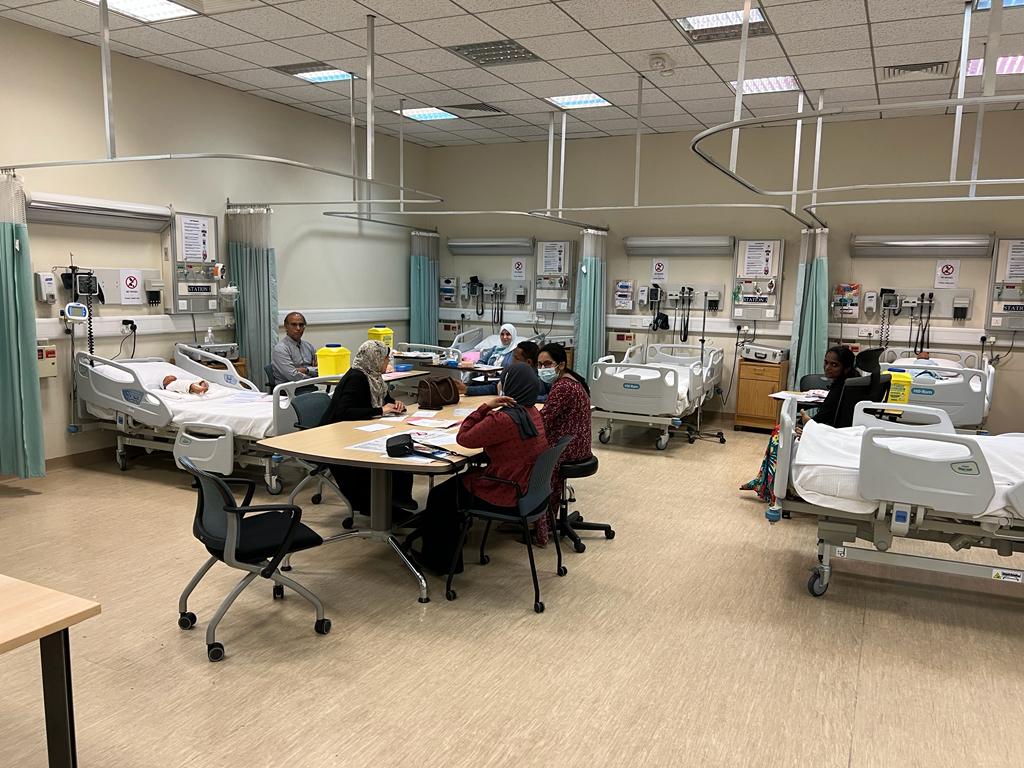
The center also incorporates a simulated mortuary where students can learn about death and dying. The ELC is equipped with a wide range of realistic manikins, equipment, and other resources that can be used in a variety of simulations. For example, students can practice clinical procedures like catheterization, bandaging, NG tube and administering IVs on patient-simulators that can bleed, breathe, and respond to treatment just like a real patient. There are also manikins that can be used to simulate different types of trauma, allowing students to practice their emergency response skills following the ABCDE approach.
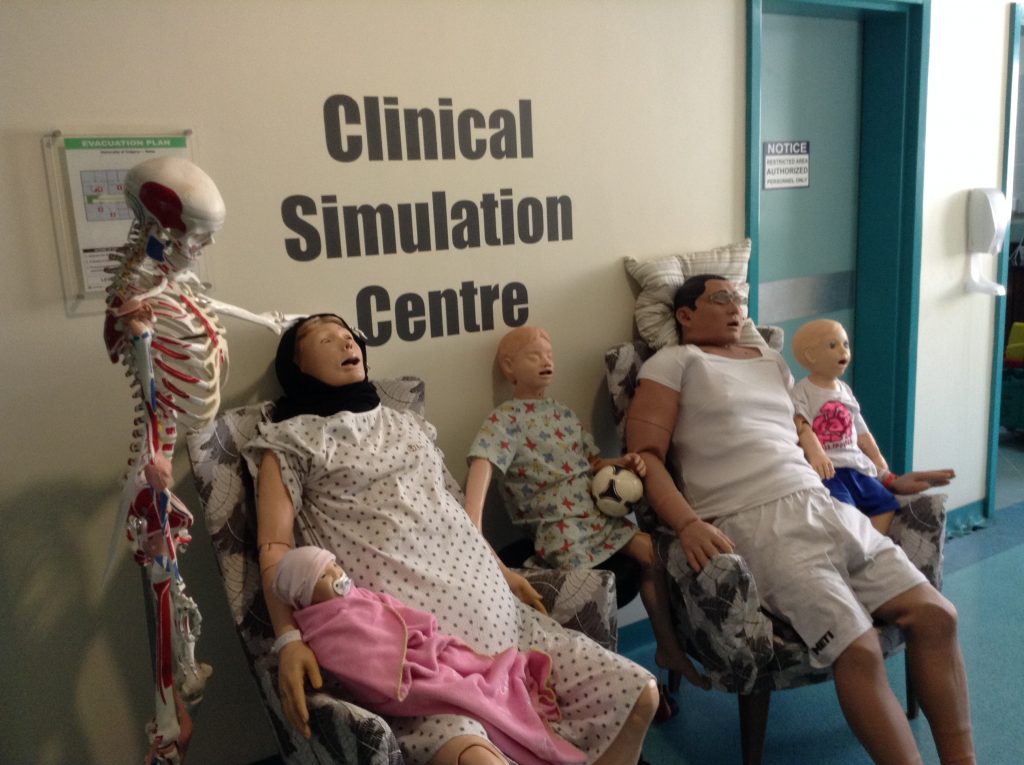
Benefits of Exploring the ELC
The Centre is designed to give students a realistic and authentic learning experience that cannot be replicated in a lecture hall. By incorporating the latest in technology with the most advanced resources, the ELC allows students to explore various clinical skills in a safe, hands-on environment. The ELC is a valuable resource for both students and educators. For students, the ELC offers a chance to practice new skills in a safe environment and receive feedback from medical professionals. For educators, the ELC allows them to customize the simulation to fit their curriculum, so students are better prepared to succeed in the real world.
The Technology Used
The ELC features cutting-edge technology that makes the simulation experience as realistic as possible. At the center, students can practice clinical skills on advanced manikins that have autonomous systems that mimic human breathing and heartbeats. These state-of-the-art simulators also feature realistic human skin and can be programmed to respond to treatment just like a real patient. The ELC is also equipped with sophisticated software and technology, such as a patient simulator that monitors student progress throughout the simulation. The software records data about each student’s performance and allows instructors to analyze their progress and provide constructive feedback.
Type of training
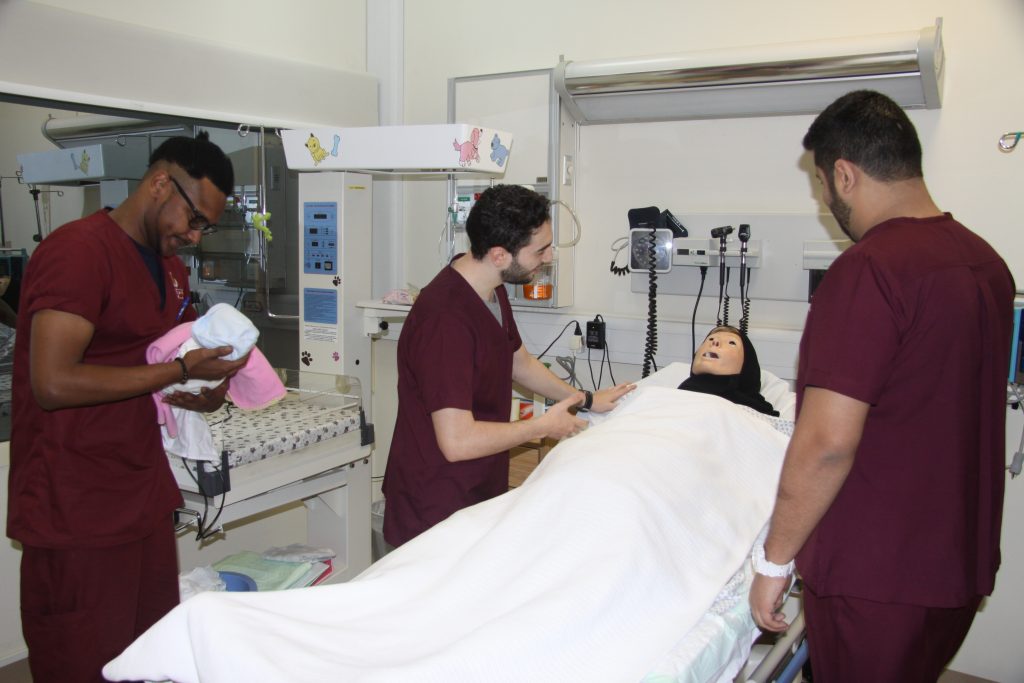
The Centre is used to train medical students in any program, including Nursing, Midwifery, and other healthcare-related programs. Students use the various simulations to practice their clinical skills and receive feedback from their professional instructors. From mock exams to patient-simulator training, the ELC offers a wide range of experiences that excite and challenge any aspiring healthcare professional. Students can also explore the Center to gain a deeper understanding of the clinical skills they have learned in the classroom.
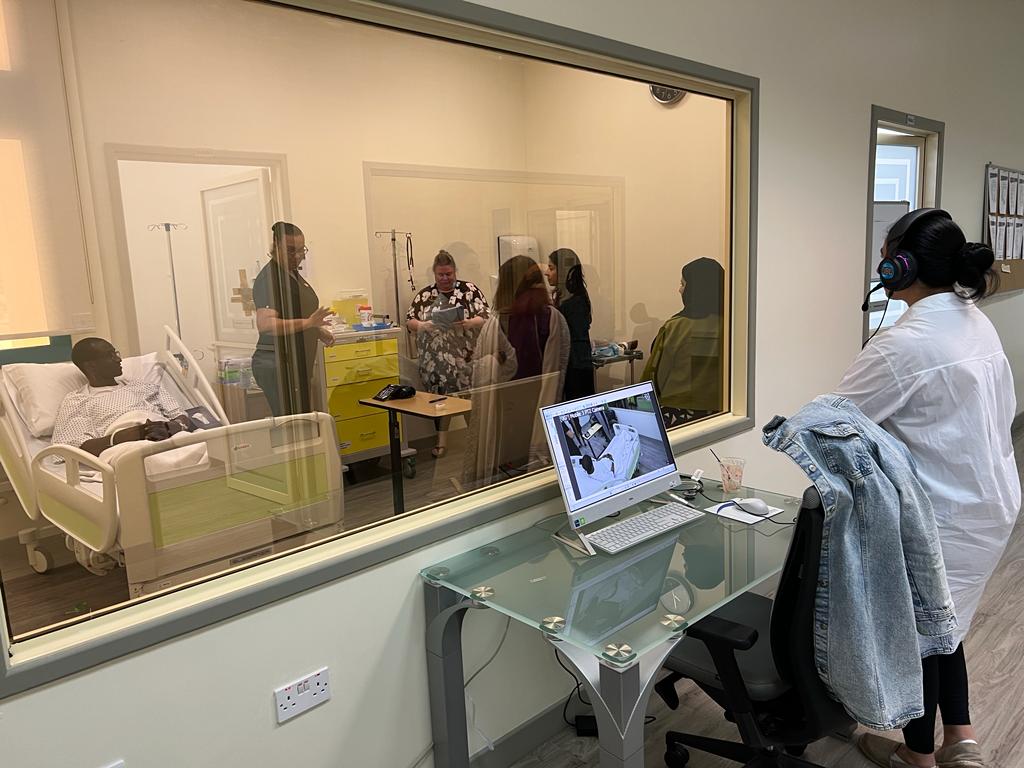
Feedback & Evaluation
Throughout the simulation, instructors monitor each student’s progress and provide feedback on their performance. The software that is used to record data about each student’s performance also allows instructors to evaluate each simulation and provide feedback to students after each exercise.
READ ALSO


